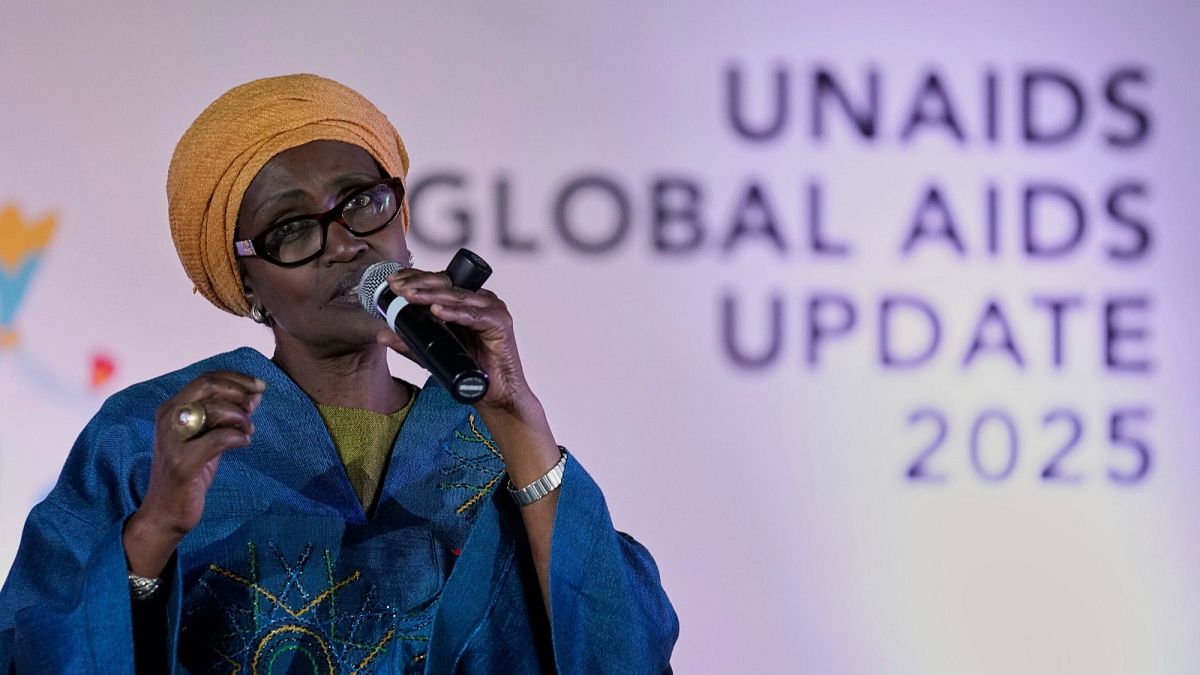

In a world that often seems consumed by challenges, understanding and cooperation can pave the way for positive outcomes. Several recent developments in global health and policy highlight the ongoing need for thoughtful action.
The United Nations has raised an important issue regarding the potential repercussions of reduced funding for HIV programs. Should the US funding cuts remain unresolved, officials estimate that nearly four million people could face AIDS-related fatalities by the year 2029. This prediction emphasizes the critical role of international financial support in mitigating health crises worldwide. The global fight against HIV/AIDS, which has made significant progress in the past decades, could face a major setback if alternative funding sources aren’t identified. In this context, it becomes crucial for the international community to explore comprehensive solutions to bridge any funding gaps and sustain the advances achieved in combating the disease.
Meanwhile, in the United States, the incidence of measles has reached its highest point in 33 years, with 1,288 cases reported across 14 states so far in 2025. Measles, a highly contagious disease, underscores the importance of vaccination and proactive public health measures in preventing outbreaks. As public health officials work to contain these outbreaks, the situation serves as a reminder of the interconnected nature of health and the vital role of immunization in safeguarding communities.
Environmental factors also play a significant role in shaping public health outcomes. Recent findings suggest that exposure to air pollution is linked to a heightened risk of developing meningioma, a type of brain tumor. Although generally non-cancerous, these tumors can cause various health challenges. The correlation between dirty air and such health risks highlights the profound impact of environmental quality on human health. As we aspire towards healthier societies, reducing air pollution through sustainable practices and policies becomes increasingly imperative.
In a related policy development, Planned Parenthood is navigating changes due to a provision in the recent tax-and-spending bill in the US, which proposes defunding the organization. This provision, regarded by some as a “backdoor abortion ban,” was temporarily blocked by a court order. As a result, while a few Planned Parenthood offices have stopped accepting Medicaid, others continue to provide care to Medicaid patients. This situation underscores the complex dynamics between policy changes and healthcare access, furthering the dialogue on how policies affect patient care and organizational operations.
Each of these developments reveals the multifaceted nature of health and policy challenges. From the financial dimensions of global health initiatives to public health strategies and environmental impacts, each area requires thoughtful consideration and action. As individuals, communities, and nations address these issues, cooperation and mindful solutions can guide us towards a healthier, more equitable future.
Source: {link}
